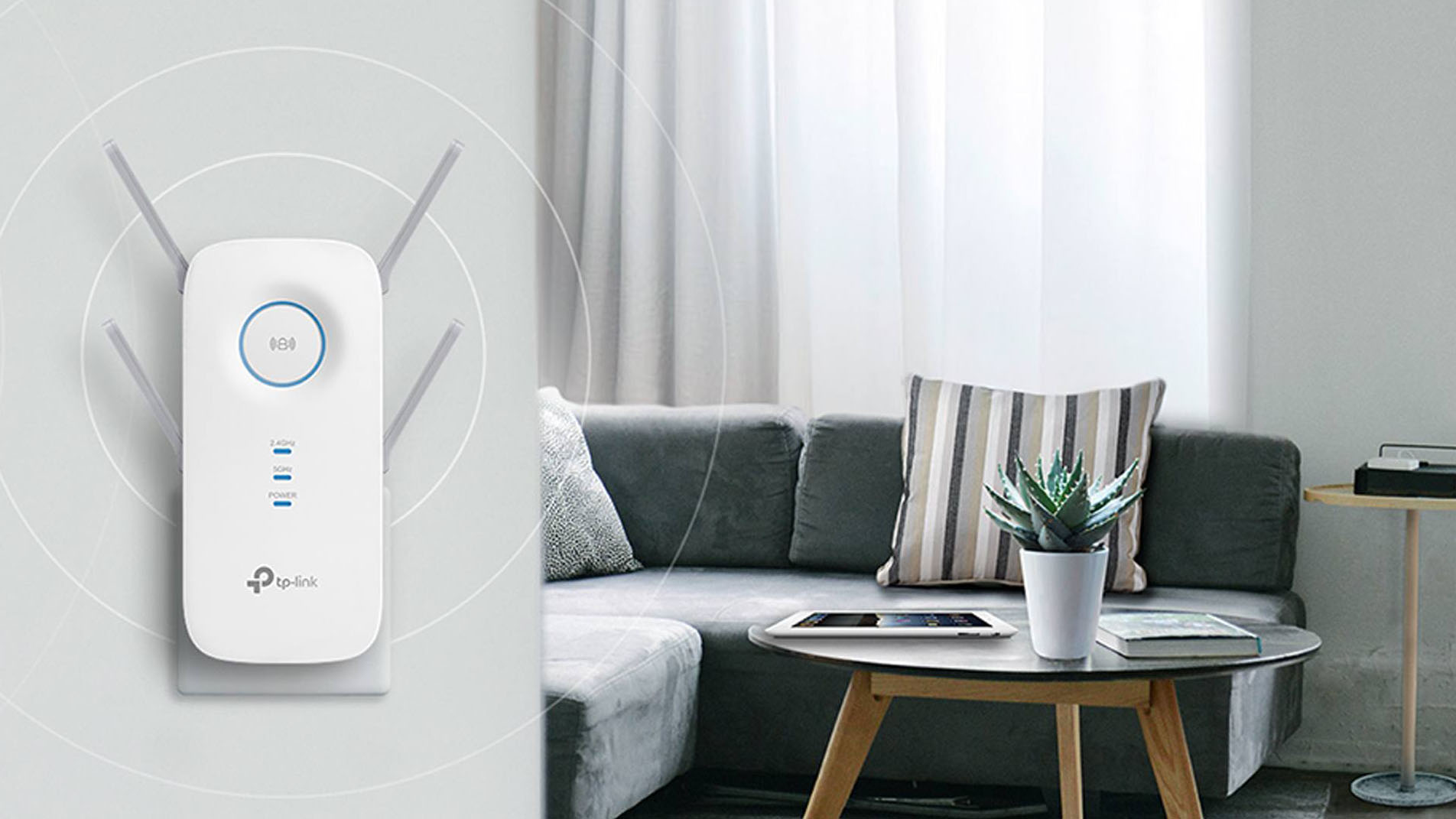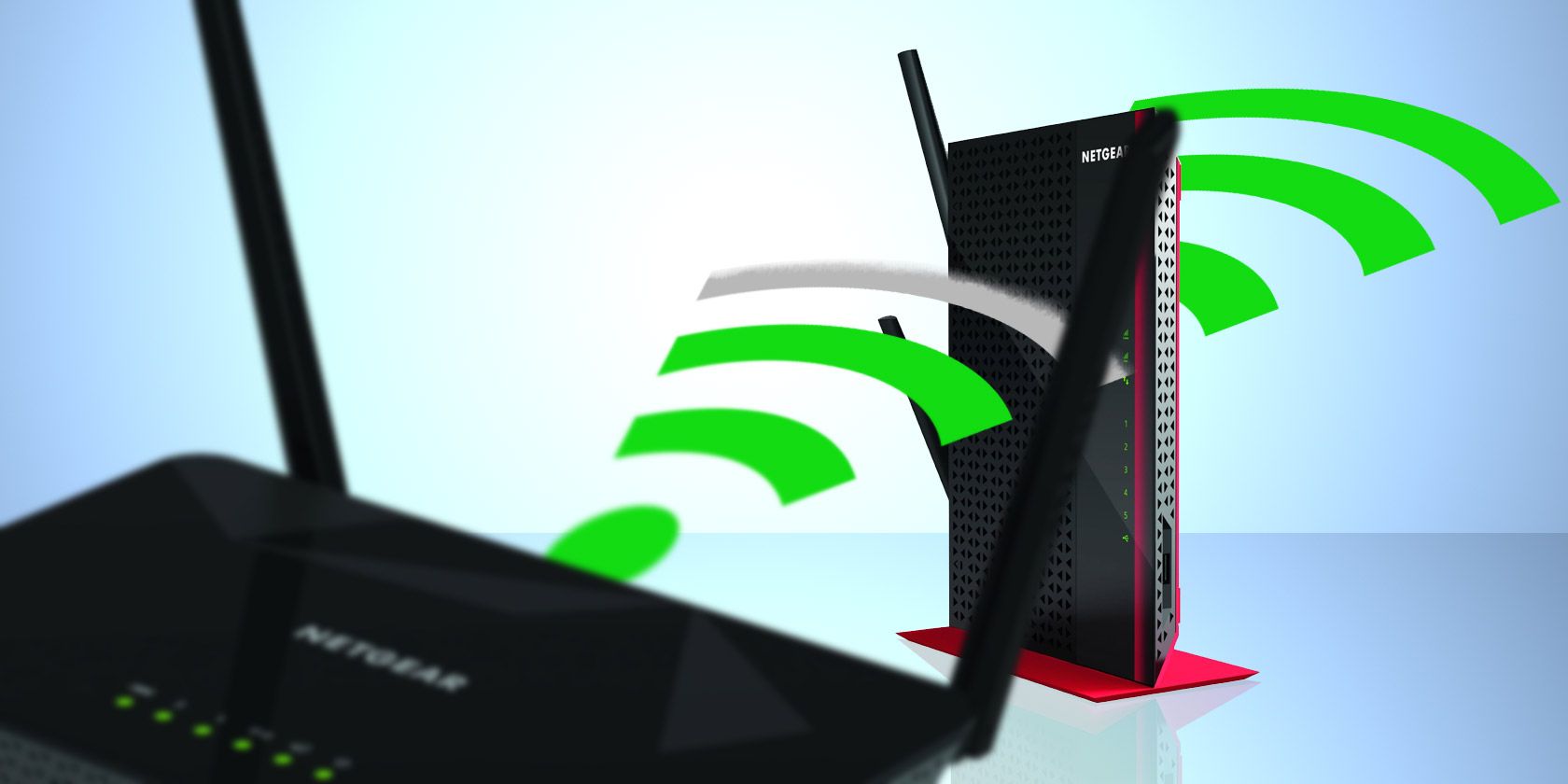A WIFI router and WIFI extender are both essential to gain access to the internet and get the best possible outcome for fast, reliable WIFI around your home. But what is the difference between the two?
What is a WIFI Router?
The WIFI Router is the gateway to the internet. Without some kind of WIFI router in your home, you won’t be able to access your favourite YouTube videos, so having a router is a significant first step.
A WIFI Router comes as a small type of hub that your chosen internet provider usually provides. It works by creating a connection between your internet provider, joining up with your broadband line, and sending data between your internet cable and the devices you want to connect to the internet.
WIFI Routers can come as both wireless and wired. The wired type of WIFI router has started to go out of fashion nowadays. Still, if you are looking to connect to the internet via an ethernet cable and have it in one dedicated spot, then the wired router is perfect for you.
However, the wireless routers can be placed anywhere in the home as long as it is within 49ft of your television if you have a Smart TV. The wireless routers give you way more freedom in how you can supply your home with WIFI, plus a lot of wireless routers do come with at least four ethernet cable ports. This is so they can provide you with the option for a wired connection, but also so you can connect directly to your PC and other devices to gain an even stronger connection.
What is a WIFI Extender?

A WIFI Extender is the add on everyone needs in their home! A WIFI extender does exactly what it says on the tin; it extends your WIFI connection further around your house. This is so that you don’t have to deal with the dreaded dip in your signal when you just got to the good point in your game.
The WIFI Extender usually comes as a small plug-in device that can plug into any outlet around your home but is typically placed in a spot that will give you a seamless flow of WIFI connection.
It works by connecting to your existing WIFI and boosting the connection, so you have a broadcasted, stronger signal around your home. The WIFI extender is perfect for anyone looking for a cost-effective way to amplify their WIFI without the hassle of getting multiple different routers or loads of wires to connect it throughout your house.
The Similarities
So now we know what each one is; what exactly are the similarities between a WIFI Router and a WIFI Extender?
- They Both Provide WIFI – Both a WIFI Extender and Router are hubs for your WIFI connection. They are placed within your home to give you an overall better WIFI signal throughout your whole house.
- Can Connect to Multiple Different Devices – The WIFI Router and Extender are designed to be able to connect to multiple internet-connected devices around your home. They work together to provide you with a strong signal, so you don’t get any lagging or buffering no matter what device you are using.
- Both Cost-Effective – Similarly, both the WIFI Extender and Router are pretty cost-effective, especially if you just have one router and a single extender instead of loads of routers dotted around your house. They are both a great way to save your money in the long run and gain the best internet connection possible.
- Faster Streaming and Downloading – WIFI Routers and Extenders both have the capabilities to make streaming and downloading much faster and way more reliable, giving you peace of mind so you can stream any movie and not have the dreaded buffering wheel of death popping up and ruining your day!
- Both Can Be Placed Strategically – They can both be placed strategically to benefit you and your WIFI signal. Depending on where both devices are positioned will allow you to have strong signals running effectively throughout your house at all times.
The Differences
So we have covered the similarities between WIFI Extenders and WIFI Routers, but they also have many differences.
- WIFI Routers Are The Gateway – The difference between a router and an extender is simply that without the router, you wouldn’t have the internet. Your WIFI router is the gateway to gaining access to the internet, and without that, your extender wouldn’t work; it would have no signal to ‘extend’. Your Extender acts more like the bridge between your router and your WIFI signal around your home.
- Your WIFI Extender Can Go Anywhere (Within Reason) – Unlike your WIFI Router that has to be placed pretty near your Smart TV or in a strategic spot for the best connection, your Extender is slightly different. Many extenders are connected via an electrical outlet, so as long as you have a plug socket that you can use for your extender, you can place it anywhere throughout your home.
- WIFI Routers Can Be Connected Directly – Different to an extender that relies on the WIFI signal to transmit the connection; a WIFI Router has the capability to connect directly to the internet via an ethernet cable if needed, giving your router a direct link to your internet connection.
- WIFI Extenders are Cheaper – If you are looking for a way to extend your WIFI signal around your home, these extenders are cheaper. This is as opposed to buying a separate router, which would be less cost-effective and more complicated and mean you have even more passwords to remember etc.
The Pros and Cons of a WIFI Router and WIFI Extender

Now we have taken a closer look into some of the similarities and differences between your WIFI Router and your WIFI Extender, let’s deep dive into the pros and cons of each one!
WIFI Router – The Pros
- Easy Connection – A WIFI Router gives you an easy connection between all of your devices, all on one single signal. You save both time and money on getting an ethernet cable to connect directly.
- Greater Security and Protection – Your WIFI Router has a built-in encryption protocol that protects any data that flows through it and protects your devices through authorisation and authentication.
- User-Friendly – WIFI Routers are designed to be user-friendly to quickly set up and understand your router and recognise if there is an issue or how strong your signal is. You can usually do this either with a touch of a button or through a simple colour-coded, light up symbol.
- Easy to Upgrade – Upgrading your WIFI Router is essential to keeping a healthy, strong connection running through your home. WIFI Routers are easy to upgrade through the manufactures website and are installed within five or ten minutes.
WIFI Router – The Cons
- Slower Connection – Although your WIFI Router has a more direct connection, that doesn’t mean it is as fast as an extender or a repeater. This is due to the fact your WIFI Router has to analyse data from a physical server to a network layer, making the connection become slower over time.
- Overall Reliability – The longer you have your WIFI Router, the less reliable it will become. Some begin to disconnect or lose their WIFI signal and finding an overall dedicated WIFI Router can be difficult.
- Initial Set Up Difficulties – Setting up your WIFI Router can be initially a bit of a nightmare. With different configurations and the number of set-up details needed, starting up your WIFI Router can be pretty difficult.
- Not The Most Cost Friendly – Out of the different routers, connecters and extenders out on the market, WIFI Routers, although necessary, are not the more cost-effective especially compared to other devices out there.
WIFI Extender – The Pros
- Boosts Your WIFI – The whole set-up of a WIFI Extender expands your WIFI throughout your home, and it definitely achieves that. You are able to have extensive coverage all around your house with complete ease.
- No More Dead Zones – As well as having a significant boost in your WIFI signal throughout your home, it also means you no longer have to deal with a dead zone and drop off signal areas within your house. WIFI Extenders eliminate that issue and raise your internet speeds.
- Budget-Friendly – WIFI Extenders are a frankly cost-friendly way of achieving greater internet connection and give you much-improved WIFI without breaking the bank.
- Works With Most Routers – New or old depending on the model, most WIFI Extenders are compatible with most routers out there on the market, giving you extensive options for connecting more freely to the internet anywhere within your home.
WIFI Extender – The Cons
- Poor Signal – If your WIFI Extender’s router isn’t outputting a strong enough WIFI signal, then your Extender will usually admit that same weak signal around your home, leading you to a whole house of lousy bandwidth.
- Incompatibility Problems – Even though extenders are pretty good at connecting to most router types, if you mix the models of the extenders and routers, you may run into some compatibility issues with setting up etc.
- Lowering in Speed – Due to your WIFI Extender, extending your signal around your home can sometimes lead to a slower WIFI signal as it can’t deal with the higher demand of different signals passing through.
- Without Updates, They Become Useless – If you are connecting to a router that isn’t appropriately updated with the correct systems, then having a WIFI Extender would become useless. Your signal would be so weak and slow from being extended on a badly updated system that there would be no point in using one.
Final Thoughts
If you're confused about the two, then hopefully this guide has helped to clear-up any thoughts or issues you may have had in working out what to do when it comes to purchasing, or even in which order you need to purchase a router and an extender.


